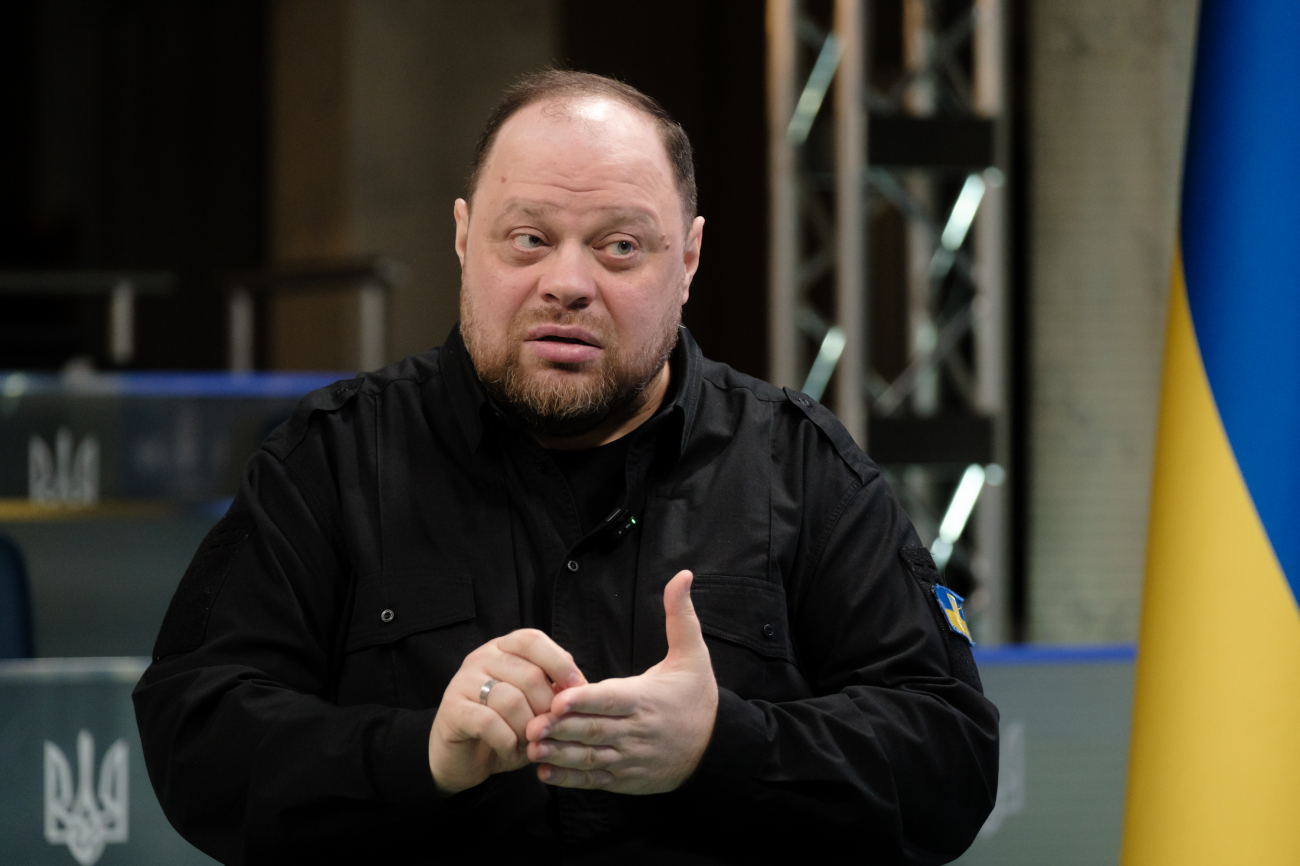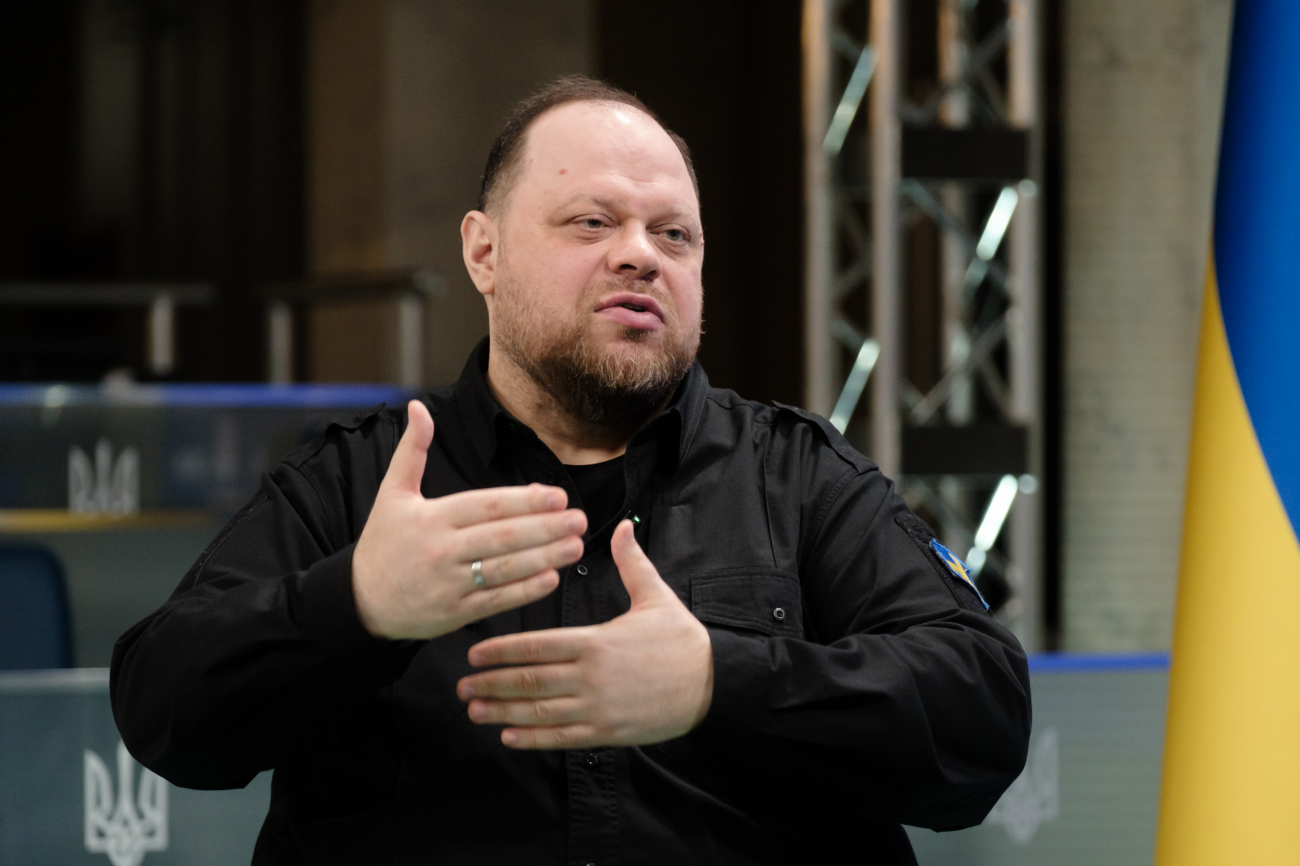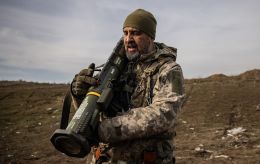Ukrainian parliament chairman Stefanchuk: As long as no one cracks down on Putin, he'll keep testing the limits
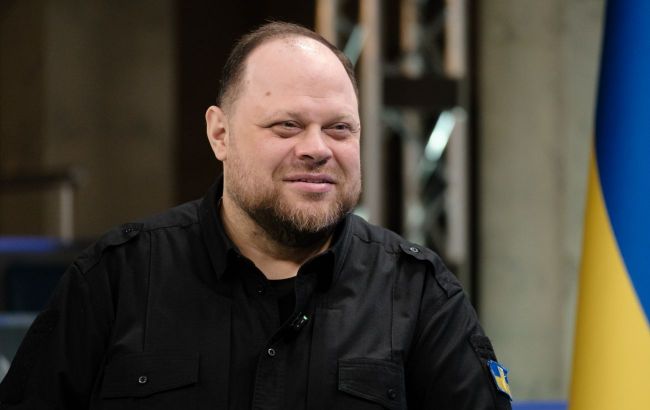 Chairman of the Verkhovna Rada of Ukraine Ruslan Stefanchuk (all photos: Vitalii Nosach / RBC-Ukraine)
Chairman of the Verkhovna Rada of Ukraine Ruslan Stefanchuk (all photos: Vitalii Nosach / RBC-Ukraine)
On the prospects for a truce, reducing the number of MPs, elections, the mood in parliament, and demobilization, read in an interview with Ruslan Stefanchuk, Chairman of the Ukrainian Parliament - Verkhovna Rada.
"We are well aware that we are already, excuse me, on borrowed time," Stefanchuk says in an interview with RBC-Ukraine. The chairman means that the current Rada has already overstayed its term by a year - according to the calendar, the next parliamentary elections should have taken place in the summer of 2024.
However, Russian aggression and martial law make holding elections impossible, so the deputies elected in 2019, under completely different circumstances, have to continue working.
However, their numbers are dwindling. According to Ruslan Stefanchuk, with an official number of 399 MPs (the constitutional number is 450), only about 340-350 regularly attend work. The rest have either fled abroad, are behind bars, or have simply disappeared.
At the same time, the chairman insists that parliament remains fully functional and still has a monobloc majority, a political term from 2019 that has already been forgotten. Although to make decisions on controversial issues that do not unite the entire session hall, the pro-presidential Servant of the People party has long been unable to do so without the support of other factions and groups.
One way or another, the elections, which are occasionally discussed behind the scenes, cannot take place under martial law, Stefanchuk emphasizes. However, according to him, behind closed doors, deputies have long been working on a transitional bill, under which the first post-war elections will be held when the opportunity arises.
Here are the main points from the conversation with Ruslan Stefanchuk.
 Ukraine seeks peace, but not surrender
Ukraine seeks peace, but not surrender
From the first day of Russia's full-scale invasion of Ukraine, Ukraine has sought a just peace, not peace at any price. Kyiv is ready for a 30-day ceasefire and negotiations with the support of its partners, but only on terms that take international law into account. Attempts to impose scenarios of surrender on Ukraine are unacceptable.
"Once again, the prospect of ending this war must be a lasting peace, not Ukraine's capitulation. Because the kinds of proposals that are sometimes being imposed on Ukraine — let's put it that way — are not what Ukraine needs," he says.
Putin only understands the language of force
According to Stefanchuk, Putin will continue his aggression until he faces tough resistance. Only a united position of the West can stop Putin. The international community must realize that appeasing the aggressor only leads to new victims and threats to other countries. Propaganda, energy dependence, and military aggression are stages of Russia's hybrid war.
"I always say that Russia wages a staged or hybrid war. First, under the guise of European values like freedom of speech, it brings in its propaganda and brainwashes people. Then, under the principles of the European free market, it brings in cheap oil and gas, buying up political forces. And finally, it brings in tanks," explains Stefanchuk.
Diplomacy is important, but it must be conducted at the leadership level
Ukraine supports the diplomatic track, but those who make decisions must participate in the negotiations. Zelenskyy is ready for negotiations, but directly with Putin and with the participation of key international partners, as this is not only a Ukrainian issue, but a global one.
"The diplomatic track is one of the important paths toward achieving peace in Ukraine. And we must clearly understand that as well. That’s why, yes, we need to talk. That's why President Volodymyr Zelenskyy emphasized clearly: he is ready to talk with Putin, ready to engage in dialogue together, with the support of our partners - American, European - because this is not just a matter of Ukraine; it’s a matter of global stability."
Parliament is working, the mono-majority formally exists
There are currently 399 deputies in the Verkhovna Rada, of whom 340-350 participate in voting. Servant of the People formally has 231 deputies, which allows it to be considered a majority faction. However, it often needs the support of other factions to pass decisions. Despite the war, parliament continues to work, pass laws, and hold discussions.
Idea of reducing the number of deputies has not lost its relevance
Reducing the number of deputies in the Rada to 300 is a logical step given demographic changes and the new electoral system. The bill was submitted long ago, but it is impossible to amend the Constitution during martial law. After the victory and as part of the country's recovery, this reform can be implemented.
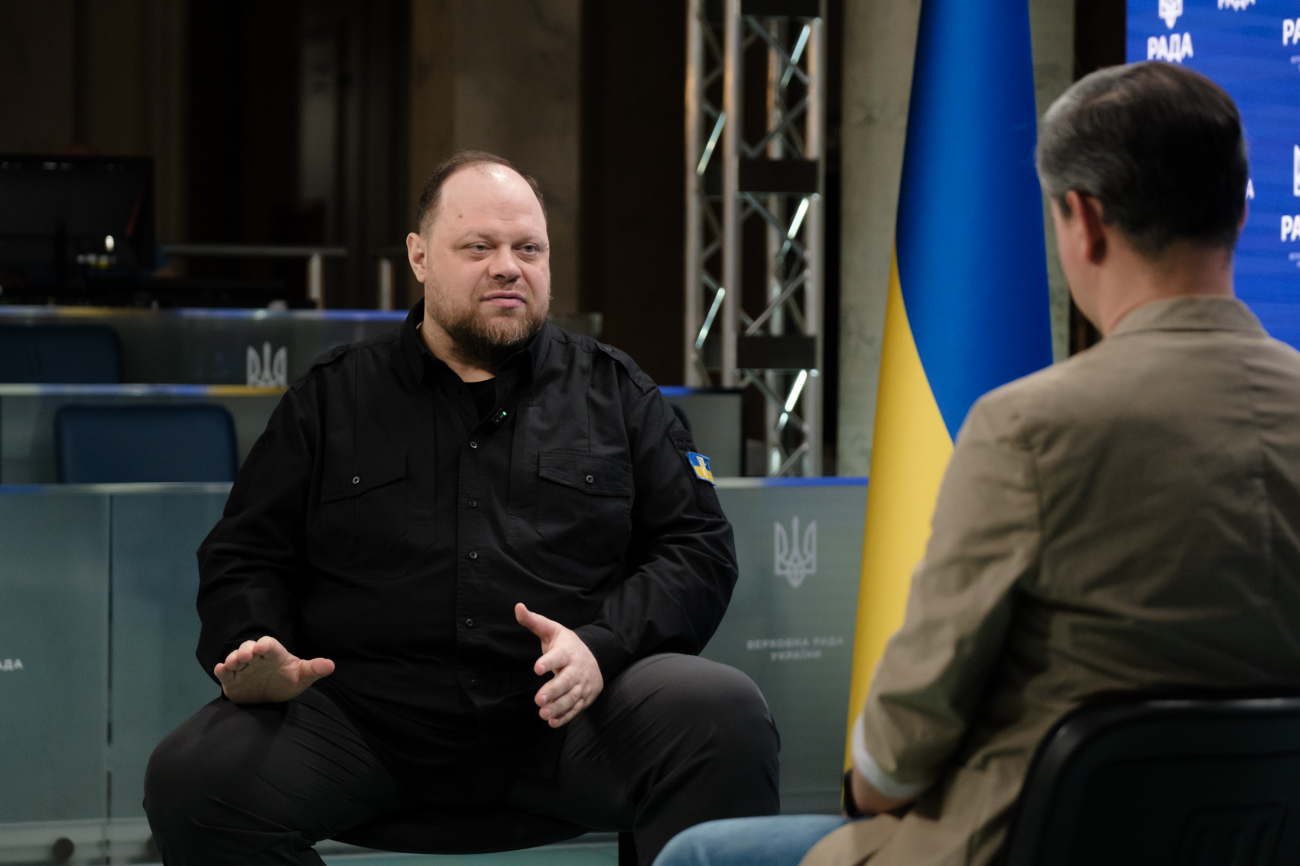
No mass apathy in Rada, but fatigue
According to the head of parliament, there is no widespread apathy among deputies. Only one deputy has officially submitted a statement of resignation. At the same time, he acknowledges that some deputies feel fatigue, uncertainty about the future, or a loss of motivation. The parliament is working beyond the term allotted by the Constitution, which Stefanchuk himself compares to an extension.
Elections are only possible after martial law ends
While martial law is in effect in Ukraine, holding elections is legally impossible. Despite individual statements by politicians, the Verkhovna Rada is not publicly preparing for elections to avoid panic or false starts. However, work on legislative scenarios is already underway behind the scenes, with the participation of the Central Election Commission.
"As long as martial law is in effect, elections in Ukraine cannot be held. This is stipulated by the Electoral Code and the Law on the Legal Regime of Martial Law. Period. Therefore, we must proceed from this: martial law must either end or be lifted. Only after that, we must have clear rules for how elections are to be held in Ukraine," Stefanchuk emphasizes.
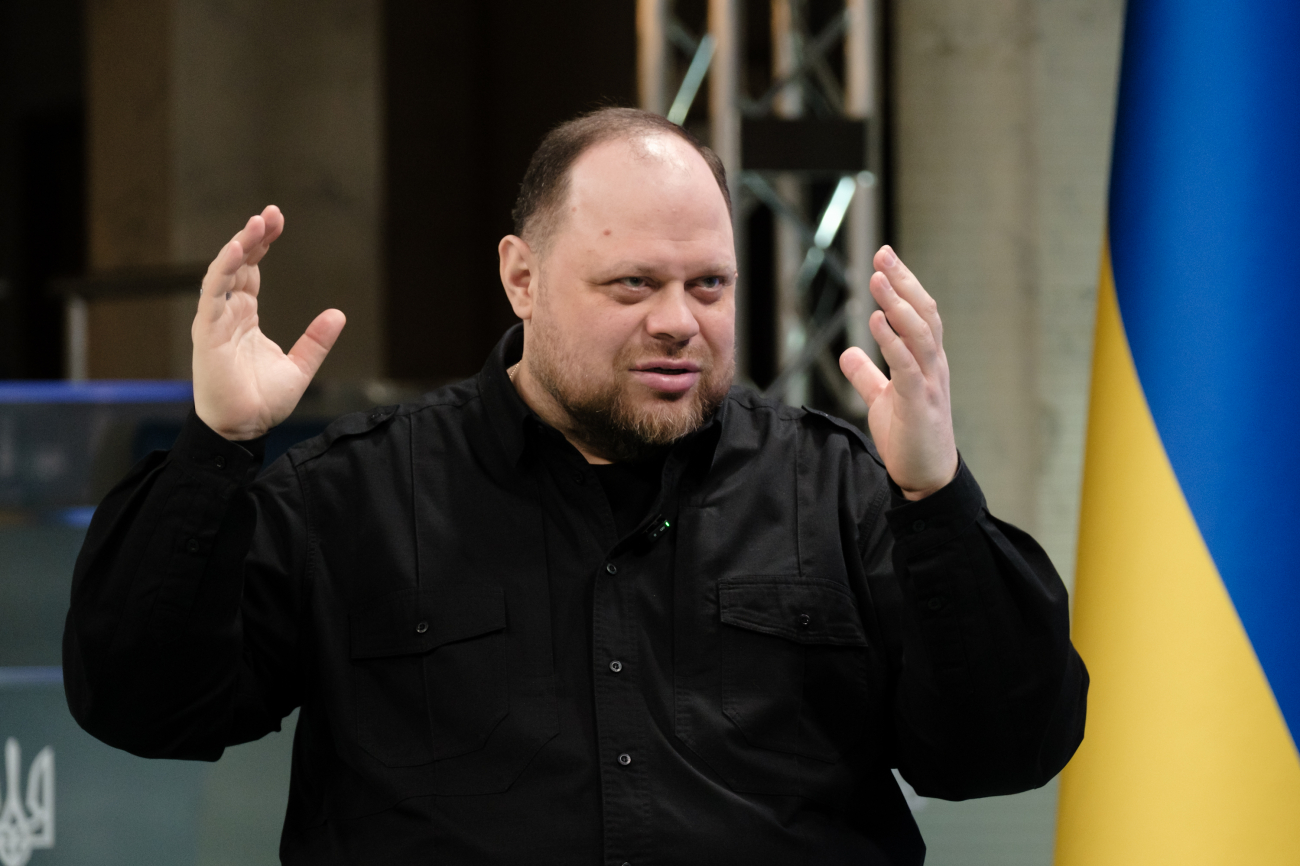
One-time law is being prepared for post-war elections
Elections after the end of the war will be unique — they do not fall under any of the categories provided for in the Constitution. Therefore, the Rada is preparing a special law that will allow these post-war elections to be held. The electoral code will remain the basis, but separate decisions are needed regarding voting by the military, voters abroad, in occupied territories, etc.
Parliament is ready for elections but is in no hurry
Various options are already being developed: joint or separate parliamentary and presidential elections, voting mechanisms, financing, and observer participation. But everything depends on when the war ends. Society currently understands that elections are not appropriate at this time, but if the war continues for years, the demand for re-election may grow. In that case, parliament will be ready to make a decision, but it is too early to talk about it yet.
Demobilization law is only possible with the military's participation
Stefanchuk stated that parliament does not have the moral right to make decisions on demobilization without a clear position from the military leadership. He emphasized that the key thing is not to harm the army in wartime.
"On such crucial issues as demobilization, the Ukrainian parliament, as a political body, simply has no moral right to make decisions without the position of the military. Only after we discuss the prospects and consequences of this decision with the military," he says.
The Chairman of the Verkhovna Rada cited the example of the Central Council, which in 1918 announced demobilization and, in his words, contributed to the loss of statehood. Therefore, Stefanchuk emphasizes that deputies will act cautiously and responsibly.
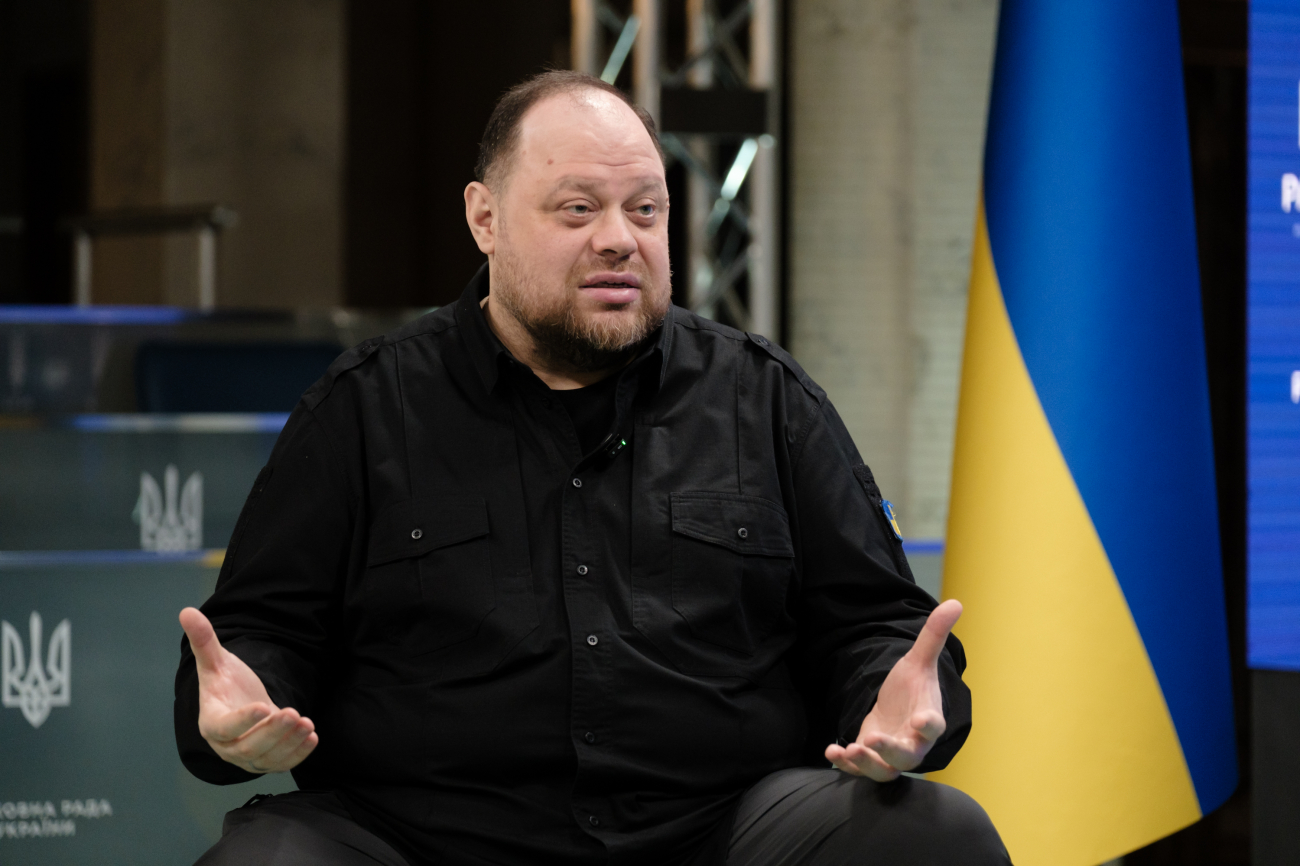 Ukraine seeks peace, but not surrender
Ukraine seeks peace, but not surrender
